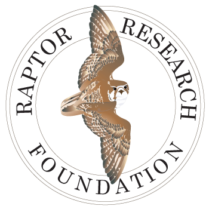African Raptor Leadership Research Grant
African Raptor Leadership Grant
Goal: To forward conservation of African raptors by increasing the number of raptor champions in Africa by 30% over the next 10 years by providing education and mentorship opportunities to residents of African countries.
Need: Africa’s raptor populations have been declining at alarming rates. Their major threats are all human-caused, most importantly habitat destruction, but also persecution, electrocution, poisoning, and overharvesting for belief-based use; all of which will strongly increase with a near doubling of the human population by 2050. Collectively, our decades of work to protect Africa’s raptors has shown us how profound the lack of knowledge about these birds and their threats is across the continent. Importantly, there is scarcely any local capacity to study, monitor or address threats to raptors throughout much of the continent.
Objectives: This program provides financial support to new MSc or Honors students to cover the costs associated with their research projects carried out to fulfill a degree at either: 1) A.P. Leventis Ornithological Research Institute (APLORI), Nigeria, 2) University of Cape Town’s FitzPatrick Institute of African Ornithology, or 3) Université Ibn Tofail, Morocco. The research component should be primarily focused on African raptors or one of their following threats: belief-based use, illegal trade, poisoning, persecution, habitat loss, and electrocution or collision with wind turbines. Research should be undertaken in the recipient’s home country. Costs covered may include tuition, university room and board, associated travel, and research expenses.
The long-term goal is to build capacity of one in-country university or non-university student advisor by providing the opportunity to collaborate with an established mentor (as appropriate). In addition to a university advisor(s), each student awardee (Objective 1) will be required to have a local in-country mentor whenever possible, who can also be financially supported by the grant to allow training and networking for the mentor. Training activities may include holding multi-day skill-building workshops (e.g., statistics, project methodology, GIS) for university or local mentors, field-based visits to individual projects, or multi-day sessions to improve raptor identification or capture/tagging skills. Specific topics and training to be decided based on the capacity needs of the country(s) where the research will be conducted.
THE AWARD: Grants will be awarded to local African students carrying out raptor research dissertations as part of their degrees and an appropriate local mentor, to allow more ambitious and relevant research projects by the student and to facilitate better and more reliable mentoring respectively.
Eligibility criteria:
- Only students may apply. This grant does not provide direct support to mentors.
- Prior university acceptance to an MSc or Honors program at one of the three universities mentioned above. If full acceptance on the course is not possible at the time of application, then proof of application for the course, an indication that you meet the eligibility requirements, and a letter of support from a prospective supervisor or course convenor is required.
Selection criteria:
- Potential for applicant to become a champion for African raptors
- Potential of the project to improve conservation outcomes for African raptors
- Technical merit of the proposal
- Potential of your proposed supervisors to act as good mentors and scientific advisors on your project
Desirable criteria:
- Proposals to work in countries regions with little previous raptor work
- Proposals from individuals in under-represented groups.
AMOUNT: Up to $10,000. Amount awarded will vary depending on available funding and the level of support already available to the student.
Number of grants issued per year: Typically two, but may vary depending on available funding.
TO APPLY: Submit
- Applicant’s CV.
- Proof of acceptance to one of the three eligible universities listed above. Or proof of application for the course, and an indication that you meet the eligibility requirements.
- Research Proposal of 3-5 pages that includes:
- Describe the conservation issue your project addresses
- Study objectives and methods
- Expected impacts (describe the potential conservation outcomes of your project and how those outcomes may come about)
- Literature cited (<1 page)
- Budget detailing how funds will be spent.
- Name, institution and contact information of your in-country and academic student advisor.
- Two letters of support from
- Your student advisor or prospective advisor, and
- Another professional familiar with your work and capabilities, particularly as it may relate to African raptors or other wildlife species.
- A list of other funding sources applied for or received.
- A statement responding to the following
- Describe how your past experiences have primed you for African raptor leadership
- Describe the mentoring you wish to access alongside your project and how this will help empower your African raptor leadership.
RECIPIENT’S RESPONSIBILITIES:
- A photo of the applicant, preferably in the field, for promotional use by RRF or any supporting organization.
- Submission of a 1-2 page mid-project report. To be sent six months after receiving the grant, or mid-way through the research project.
- Submission of a 3-5 page report of grant activities, to be received within three months after the project’s end.
- Submission of a project-end financial report detailing all expenditures.
Deadline: April 30
Application method: The application process opens in January each year. Application materials may be submitted in English or French. Apply online by April 30. Please contact awards@raptorresearchfoundation.org with any questions about your application.
Bourse d'étude sur les rapaces africains
Objectif : Faire progresser la conservation des rapaces africains en augmentant de 30 % le nombre de champions des rapaces en Afrique au cours des dix prochaines années, en offrant des possibilités d'éducation et de mentorat aux résidents des pays africains.
Besoin : Les populations de rapaces d'Afrique ont décliné à un rythme alarmant. Les principales menaces qui pèsent sur ces oiseaux de proies sont toutes d'origine humaine, en particulier la destruction de l'habitat, mais aussi la persécution, l'électrocution, l'empoisonnement et la surexploitation pour des raisons de croyance ; toutes ces menaces augmenteront fortement avec le quasi-doublement de la population humaine d'ici 2050. Des décennies de travail conjointes pour protéger les rapaces d'Afrique nous ont montré à quel point le manque de connaissances sur ces oiseaux et les menaces qui pèsent sur eux est profond sur tout le continent. Il est important de noter qu'il n'existe pratiquement aucune capacité locale pour étudier, surveiller ou traiter les menaces qui pèsent sur les rapaces dans la majeure partie du continent.
Objectifs :
- Fournir un soutien financier aux nouveaux étudiants en master ou en spécialisation équivalente pour couvrir les coûts associés à leurs projets de recherche menés pour obtenir un diplôme à l'un ou l'autre des instituts suivants : 1) A.P. Leventis Ornithological Research Institute (APLORI), Nigeria, 2) FitzPatrick Institute of African Ornithology de l'Université du Cap, ou 3) Université Ibn Tofail, Maroc. La recherche doit être principalement axée sur les rapaces africains et/ou sur l'une des menaces suivantes : utilisation fondée sur des croyances, commerce illégal, empoisonnement, persécution, perte d'habitat, électrocution ou collision avec des éoliennes. La recherche doit être entreprise dans le pays d'origine du bénéficiaire. Les coûts couverts peuvent inclure les frais de scolarité, le logement et la nourriture à l'université, les déplacements associés et les dépenses de recherche.
- Renforcer les capacités d'un étudiant universitaire ou non universitaire dans le pays en lui offrant la possibilité de collaborer avec un mentor établi (le cas échéant). Chaque étudiant boursier (objectif 1) devra, dans la mesure du possible, avoir un mentor local dans le pays, qui peut également être soutenu financièrement par la subvention pour permettre la formation et la mise en réseau du mentor. Les activités de formation peuvent inclure des ateliers de renforcement des compétences de plusieurs jours (par exemple, statistiques, méthodologie de projet, SIG) pour les mentors universitaires et/ou locaux, des visites de terrain sur des projets individuels, ou des sessions de plusieurs jours pour améliorer l'identification des rapaces ou les compétences en matière de capture et de marquage. Les sujets spécifiques et la formation doivent être décidés en fonction des besoins de capacité du ou des pays où la recherche sera menée.
En résumé, des bourses seraient accordées à des étudiants africains locaux effectuant des mémoires de recherche sur les rapaces dans le cadre de leur diplôme et à un mentor local approprié, afin de permettre à l'étudiant de mener des projets de recherche plus ambitieux et plus pertinents et de faciliter un mentorat de meilleure qualité et plus fiable, respectivement.
Critères d'éligibilité
Acceptation préalable à un programme de Master ou de spécialisation équivalente dans l'une des trois universités susmentionnées. Si l'acceptation complète du cours n'est pas possible au moment de la candidature, une preuve de candidature au cours, une indication que vous remplissez les conditions d'admissibilité et une lettre de soutien d'un superviseur potentiel et/ou d'un responsable de cours sont requises.
Remarque : Seuls les étudiants peuvent poser leur candidature. Cette bourse ne fournit pas de soutien direct aux mentors.
Critères de sélection
- Possibilité pour le candidat de devenir un champion des rapaces africains
- Possibilité du projet à améliorer les résultats de la conservation des rapaces africains
- Mérite technique de la proposition
- Possibilité des superviseurs proposés à agir comme de bons mentors et conseillers scientifiques pour votre projet.
Critères souhaitables :
- Propositions de travail dans des pays/régions ayant peu de travaux antérieurs sur les rapaces
- Propositions émanant de personnes appartenant à des groupes sous-représentés.
Responsabilités du bénéficiaire de la subvention :
- Envoi d'une photo pour utilisation promotionnelle par RRF ou toute organisation de soutien.
- Soumission d'un rapport de 1 à 2 pages à mi-parcours du projet. A envoyer 6 mois après avoir reçu la subvention, ou à mi-parcours du projet de recherche.
- Soumission d'un rapport de 3 à 5 pages sur les activités de la subvention, à envoyer dans les 3 mois suivant la fin du projet.
- Soumission d'un rapport financier de fin de projet détaillant toutes les dépenses.
Pour postuler
Envoyer les documents suivants
- Le CV du candidat
- Une preuve d'acceptation dans l'une des trois universités éligibles énumérées ci-dessus. Ou une preuve de candidature au cours et une indication que vous remplissez les conditions d'admissibilité.
- Proposition de recherche de 3 à 5 pages qui comprend :
- La description du problème de conservation que votre projet aborde.
- Les objectifs et les méthodes de l'étude
- Les Impacts attendus (décrivez les résultats potentiels de votre projet en matière de conservation et la manière dont ces résultats peuvent se concrétiser).
- Littérature citée (<1 page)
- Budget détaillant la manière dont les fonds seront dépensés.
- Le nom, l'institution et les coordonnées de votre conseiller scientifique dans le pays et de votre superviseur académique pour les étudiants.
- Deux lettres de soutien de 1) votre superviseur ou conseiller potentiel, et 2) un autre professionnel familier avec votre travail et vos capacités, en particulier en ce qui concerne les rapaces africains ou d'autres espèces sauvages.
- Une liste des autres sources de financement demandées ou reçues
- Une déclaration répondant aux points suivants :
- Décrivez comment vos expériences passées vous ont préparé au leadership dans le domaine des rapaces africains.
- Décrivez le mentorat auquel vous souhaitez accéder parallèlement à votre projet et comment cela vous aidera à renforcer votre leadership en matière de rapaces africains.
Les dossiers de candidature peuvent être soumis en anglais ou en français
Montant de la bourse : 10 000 dollars maximum. Le montant accordé varie en fonction des fonds disponibles et du niveau de soutien dont bénéficie déjà l'étudiant.
Nombre de bourses par an : généralement 2, mais peut varier en fonction des fonds disponibles.
Date limite : 30 avril
Méthode de candidature : Vous pouvez déposer votre candidature jusqu'au 30 avril en envoyant votre dossier de candidature à awards@raptorresearchfoundation.org Le processus de candidature débute en janvier de chaque année. Pour toute question concernant la procédure de candidature, veuillez-vous adresser à la même adresse électronique.
Cette subvention est le fruit d'une collaboration entre les institutions suivantes :
Inclure les logos (TPF, Grumeti, NC Zoo, U of York, U of St Andrew's, APLORI, U of Tofail, EWT, Hawkwatch, Hawk CT, Fitz, RRF, Raptor MOU, IBCP, Santa Barbara Zoo)
This grant is a collaboration among the following institutions:
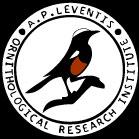
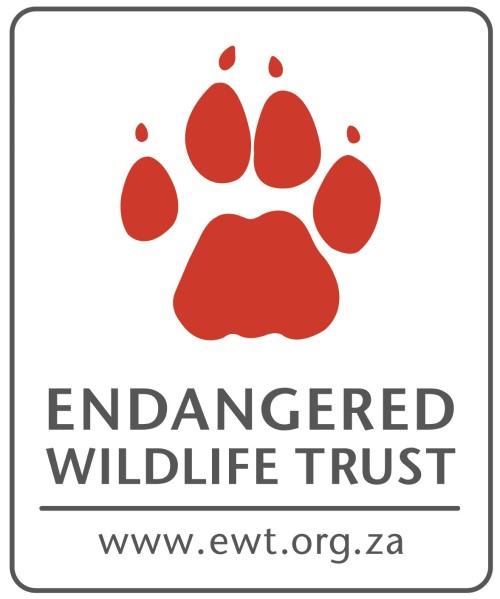
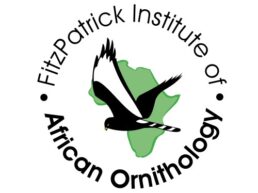
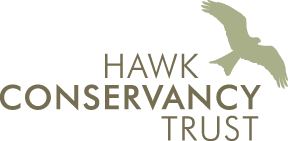
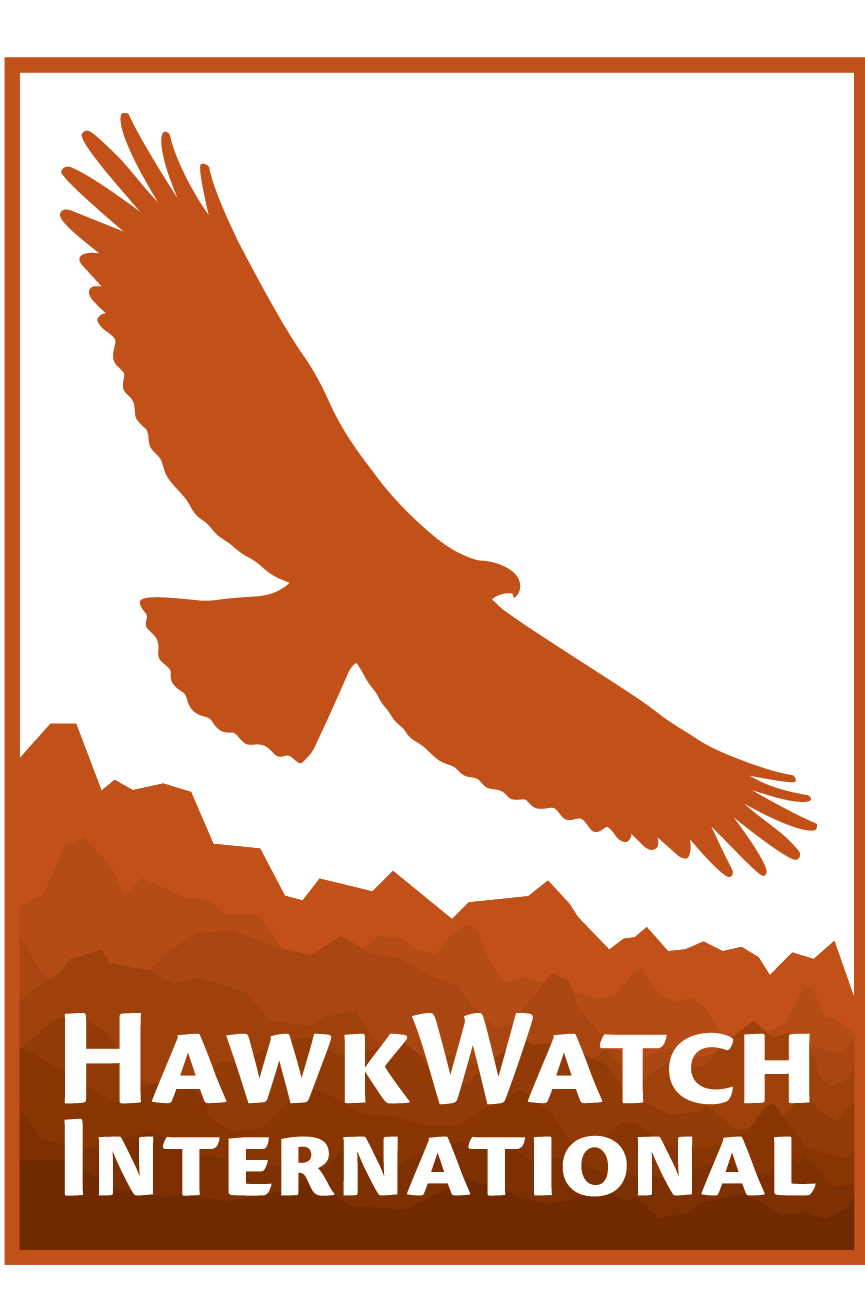
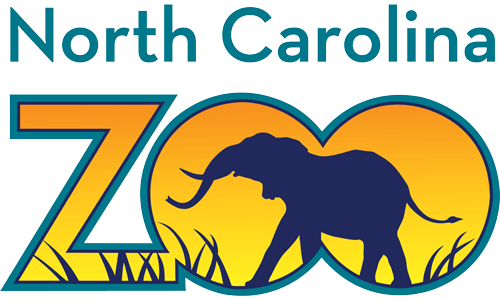

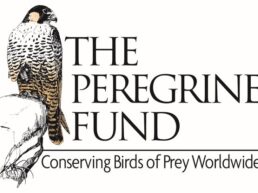
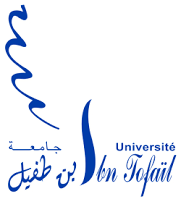
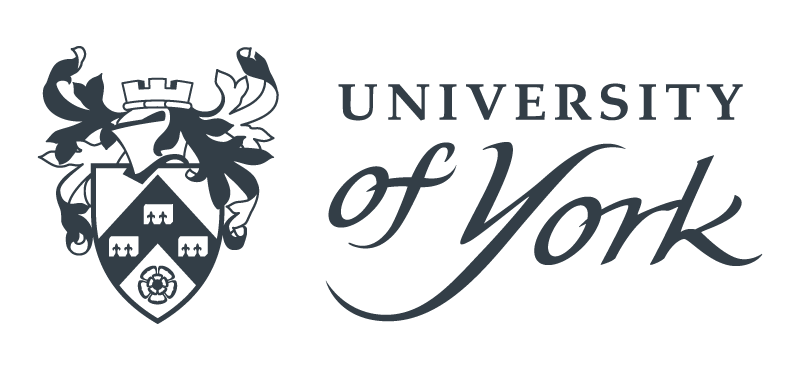
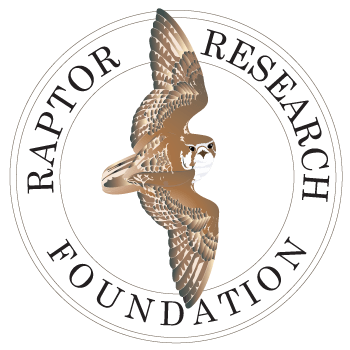
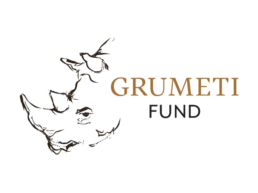
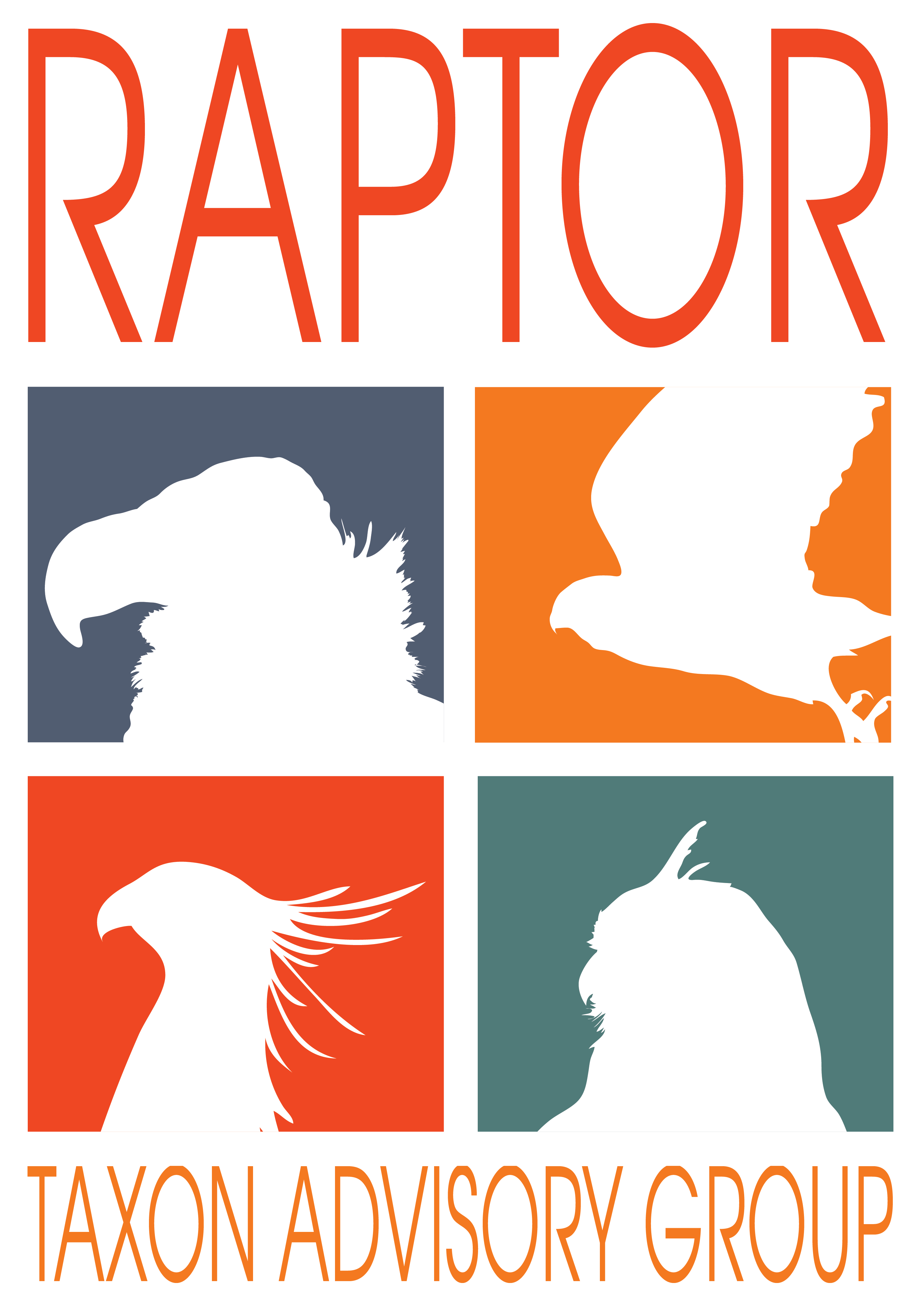
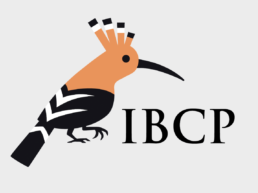
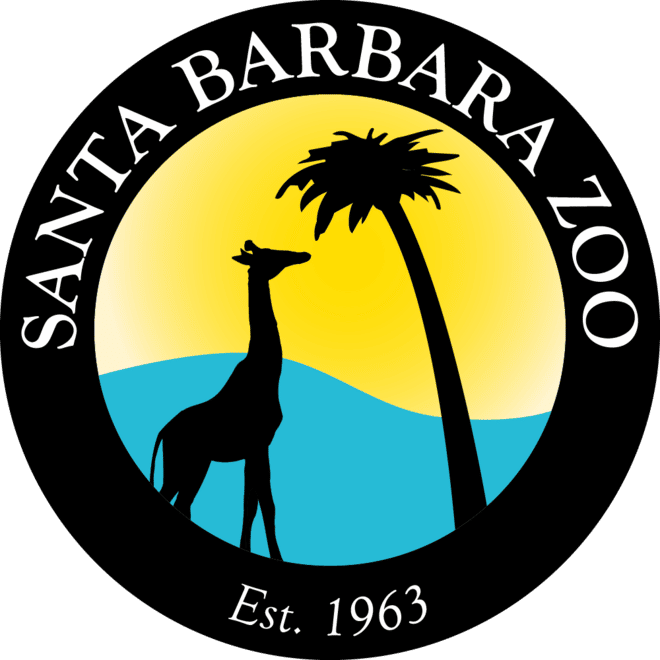
Past Winners
| Year | Name |
|---|---|
| 2023 | Joan Fadzai Banda |
